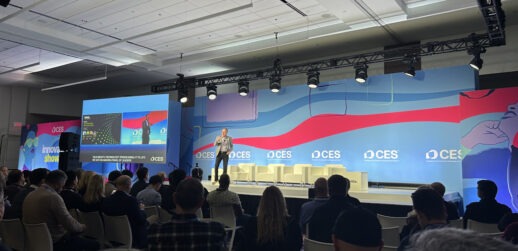This year’s Glastonbury Music Festival in Pilton, England, is using urine to power display screens throughout the event. Yes, you heard that right—power from pee.
Bristol Bioenergy Centre (BBiC) at University of West England has developed a technology that can use human urine and convert it into energy. This is not the first time Glastonbury has made use of this technology on its festival grounds, but it will be the first time it will be powering displays that provide important information to attendees.
A special 40-person urinal will be situated near the headline Pyramid Stage and will collect the urine to be turned into electricity. At peak times, it is expected that more than 265 gallons of human urine will flow through the system. Scientists use microbial fuel cells to generate the pee into energy. The fuel cells house bacteria which eat the urine and create biochemical energy as a by-product. Once in this stage, the urine is converted into electricity, offering power to festival-goers.
Glastonbury is a music and performing arts festival located on 900 acres in the Vale of Avalon. It includes pop music, dance music, jazz, theater and poetry. As a festival of massive proportions, more than 1 1/2-mile across and with a perimeter of 8 1/2 miles, sustainability is a top priority for the event crew. Glastonbury participates in many sustainable efforts and continually encourages attendees to do their part to preserve the land.
Not only are they using human urine to power display screens: They also have “compost loos.” After one year, the 1,200 toilets produce a compost that will be brought back to the festival site and used in the permaculture field and other areas. Glastonbury’s sustainability practices take place in small forms, as well, including use of stainless-steel water bottles; only allowing compostable or reusable cutlery; reducing road delivery; and recycling as much as possible.
Glastonbury is proof that enormous events can become a sustainable practice. While it requires the participation of many people, setting the stage for preserving land helps reduce waste from events.




